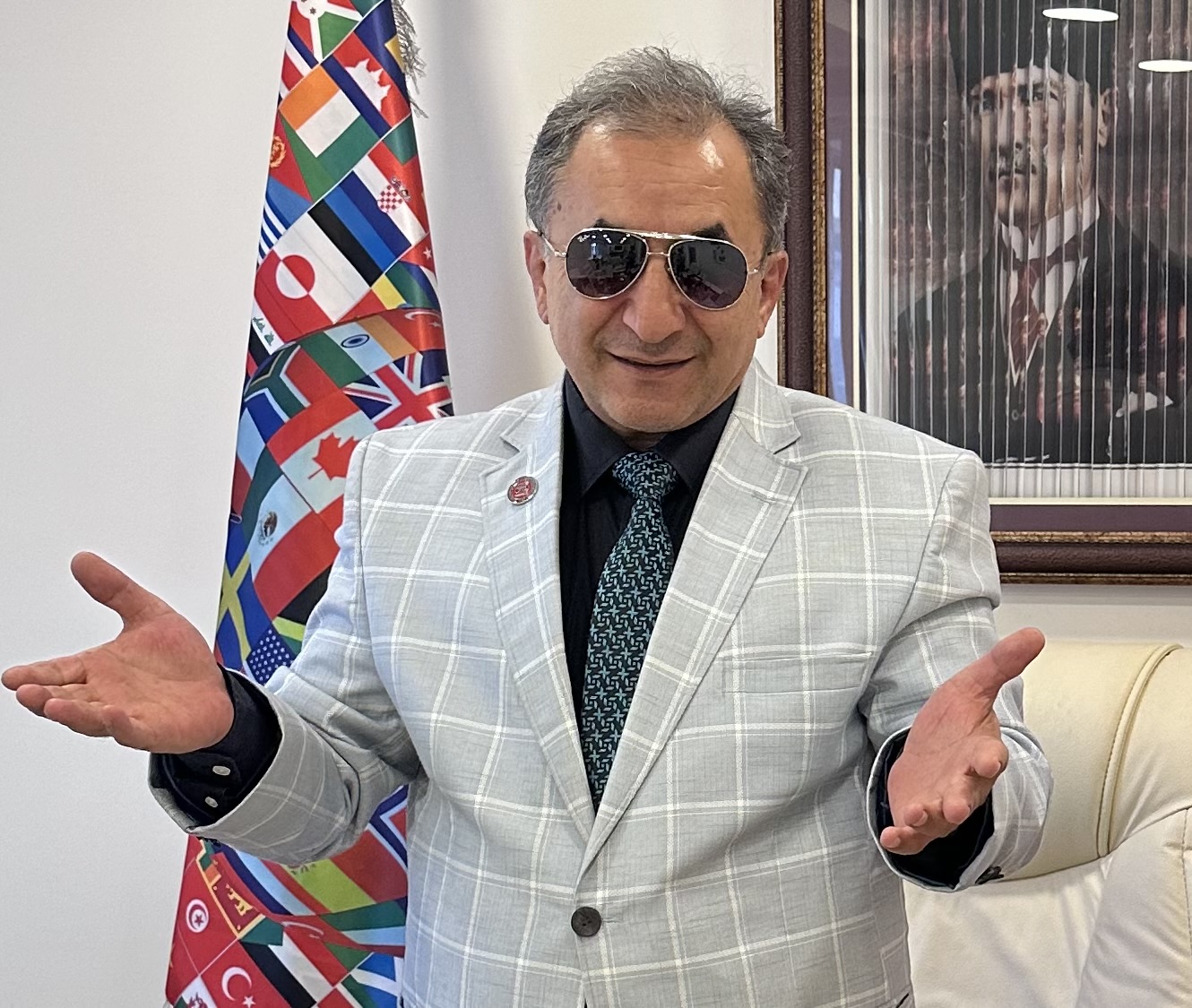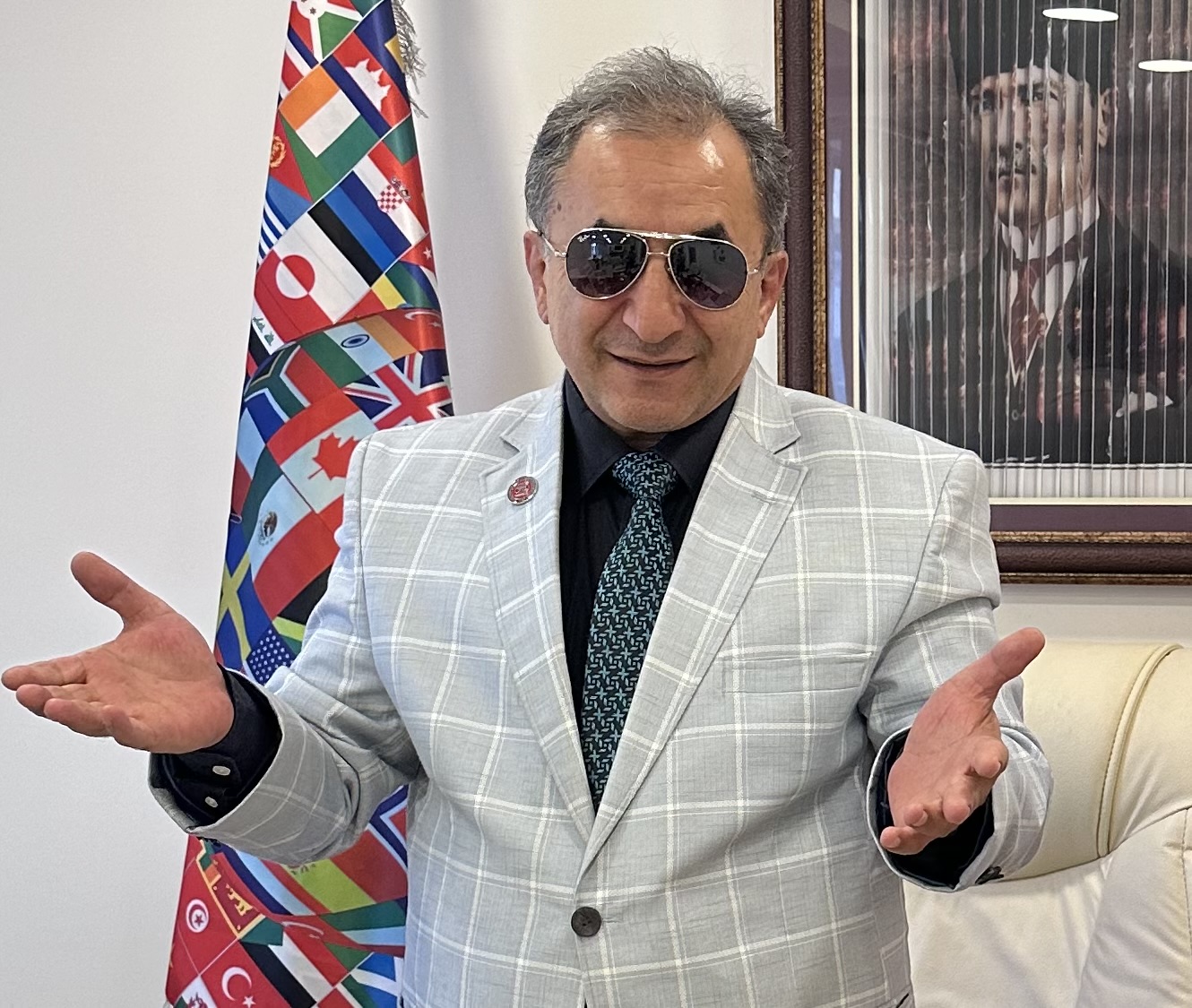A few weeks ago, I was having a conversation with a friend in a lovely venue in the Beit Hanina neighborhood of Jerusalem. As always, we first delved into the intricacies of Israeli domestic politics, then transitioned to the Palestinian stage, and finally broadened the scope to the Middle East. My friend, who has strong ties to the region's behind-the-scenes dynamics, said, "We might witness significant events soon. A major war might even break out..." He then listed the reasons behind his thoughts, and it was hard to argue against them, as they were all in line with the internal balances and contradictions of the Middle East.
 On the morning of October 7th, when Hamas initiated its operations against Israeli targets, one of the first messages that popped up on my phone was from the friend I mentioned, and he had every right to say, "I told you so."
On the morning of October 7th, when Hamas initiated its operations against Israeli targets, one of the first messages that popped up on my phone was from the friend I mentioned, and he had every right to say, "I told you so."
For the past two weeks, the Israeli occupation state, which has been carrying out a brutal genocide against the civilian population in Gaza, is in a rush to start a war that would engulf the entire region, using Hamas as a pretext. History offers plenty of lessons about where the Middle East could head in such a war. But Benjamin Netanyahu and his barbaric cadre seem to have lost the calmness to learn from history. Even the United States, Israel's staunch ally and patron, occasionally chimes in to warn Israel that a venture aimed at "destroying Gaza" must be very carefully planned, as it could lead to unpleasant surprises.
King Abdullah of Jordan, the founder of Jordan, was the first leader in the Arab world who was close to signing an official peace agreement with Israel. As his intentions and the progress he had made on this path became apparent to the Palestinian public, King Abdullah was assassinated by a Palestinian inside Al-Aqsa Mosque on July 20, 1951. The shadow of this assassination has fallen on all subsequent reflexes and anxieties of the Jordanian state.
Egypt's President Anwar Sadat was the first Arab leader to sign a peace agreement with Israel in 1979 at Camp David. But the response to this peace came directly from the army he led. On October 6, 1981, Captain Khalid Islambouli and his companions assassinated Sadat by subjecting him to a hail of bullets. The leaders who followed knew that they needed to be extremely cautious in their relations with Israel and avoid taking actions that would provoke public outrage. Today, Israel is deliberately and persistently trying to provoke the Egyptian government and bring the state into conflict with its people.
Signs from within Hamas indicate another chaos. It appears that the military and political wings are operating independently of each other, different factions within are coming under the control of different foreign states, and many external interpretations are in circulation, such as Iran's increasing influence over the military wing.
 In conclusion, within the current realities and balances of the Middle East, everyone is on edge.
In conclusion, within the current realities and balances of the Middle East, everyone is on edge.




